
By Buertey Francis BORYOR
Sophia Akuffo, former Chief Justice of Ghana and Distinguished Fellow at the Institute of Economic Affairs (IEA), has called for an end to natural resource contracts that give foreign companies an unfair advantage over the country.
Speaking at an IEA press conference on March 24, 2025 under the theme ‘Maximising the Benefits from Ghana’s Natural Resources’, Akuffo stressed that the nation must adopt modern policies that ensure a fair share of resource wealth stays in it – instead of benefitting foreign mining firms.
She explained that the country has vast mineral and petroleum resources worth trillions of dollars, yet it continues to struggle financially.
“The current system allows foreign companies to extract Ghana’s resources and keep most of the profits while the country receives only a small portion in royalties and taxes. This needs to change,” she said.
Despite high taxes, government revenue is often insufficient for development – forcing the country to borrow frequently and seek bailouts from the International Monetary Fund (IMF). She believes that proper resource management could ease these financial pressures.
IEA welcomed President John Dramani Mahama’s recent announcement of his intention to review all extractive sector agreements and urged him to go further with key reforms.
One of its major recommendations is for government to set up a five-member committee of Ghanaian experts to review and amend all natural resource laws to maximise national benefits.
IEA also called for the nation’s mineral and resource laws to align with international agreements such as the United Nations General Assembly Resolutions 1803 (1962) and 3281 (1974), which emphasise a country’s right to benefit from its own natural wealth.
Additionally, it believes the country should allow local governments to manage some mineral resources so that communities benefit directly.
Another concern raised by the IEA is that the nation’s Constitution gives the president full ownership of all minerals, arguing that this could be one of the reasons the country is not benefitting as much as it should. Instead, it suggests that ownership of minerals should be transferred to the state rather than an individual leader.
Another recommendation is for government to focus on setting up its own mining and oil production companies instead of relying on foreign firms. If this is not possible, the institute proposed that government should at least ensure that local businesses have a fair share in joint partnerships with foreign investors.
IEA also stressed the need for technology transfer in the oil and gas sector, saying the country should ensure that oil agreements include training programmes for citizens so they can gain the skills needed to manage the resources in future.
It further proposed a shift from the current system of concession and royalty payments to a production-sharing system. This means that instead of companies paying the country a small fixed fee, the nation would take a direct share of the profits from resource extraction. IEA said this would increase government revenue.
To improve the country’s bargaining power in future contracts, IEA called for more investment in the Geological Survey Department. It said if the nation has better data on its mineral deposits, it can negotiate stronger agreements with investors.
The Institute said that President Mahama’s renewed interest in resource reform presents a crucial opportunity. It urges him to act decisively, as many countries have successfully adjusted their resource policies to better serve their national interests.
For instance, it said, in the United Kingdom oil and gas companies pay multiple taxes, including a 30 percent corporate tax, a 10 percent supplementary charge and an extra 38 percent energy profits levy. Australia applies a 30 percent tax on mineral resources, in addition to a 30 percent corporate tax. In Qatar, government takes 50 percent of petroleum profits before companies receive their share.
IEA added that some African countries have also introduced changes, citing Tanzania and Botswana as examples of such countries. Moreover, it urges the country to learn from these examples and take steps to secure more benefits from its natural resources.
The post IEA pushes for policy changes to maximise nation’s resource wealth appeared first on The Business & Financial Times.
Read Full Story
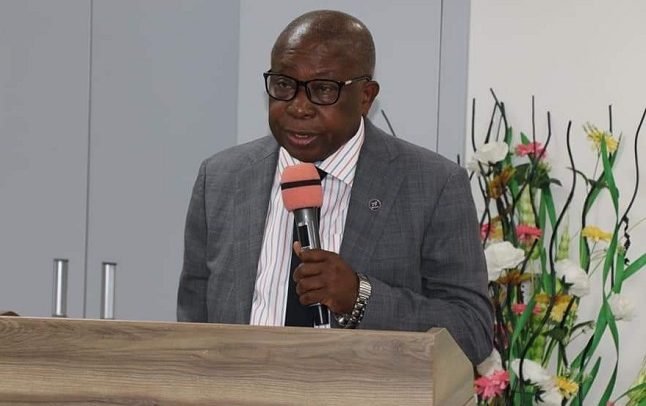


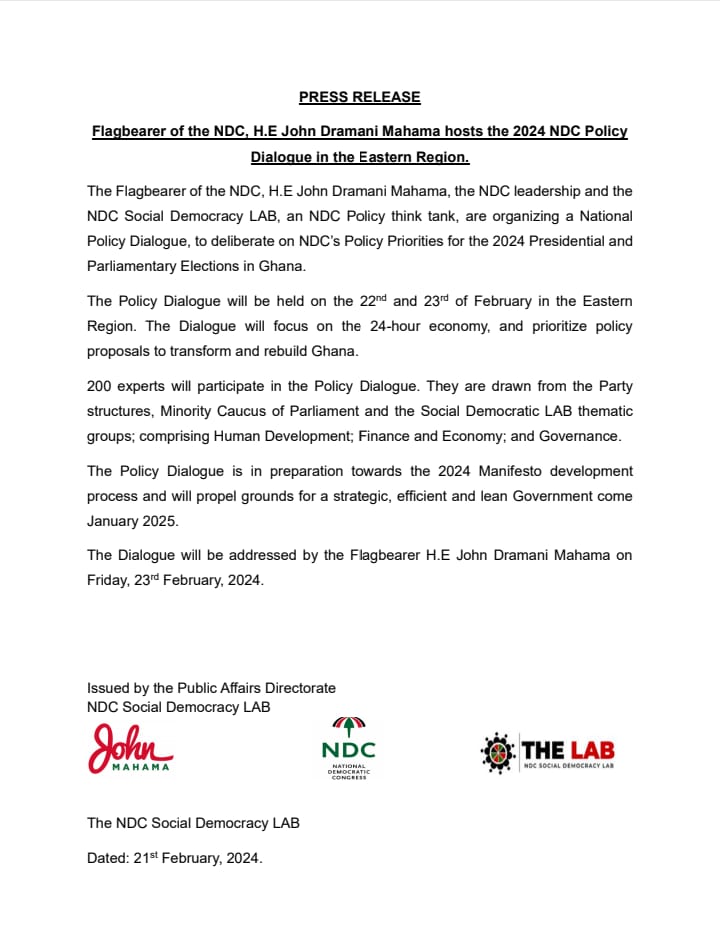



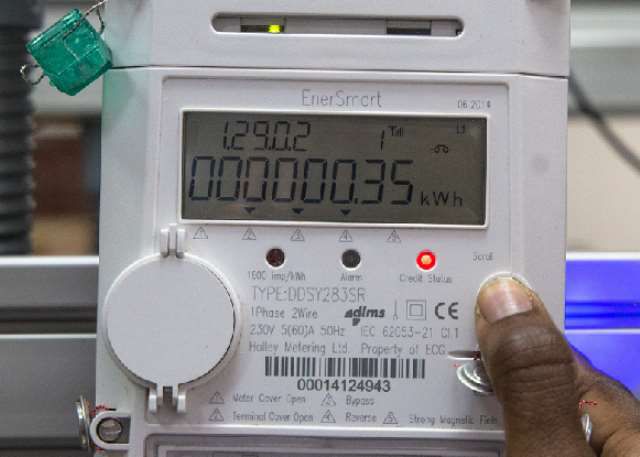







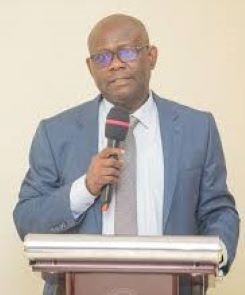
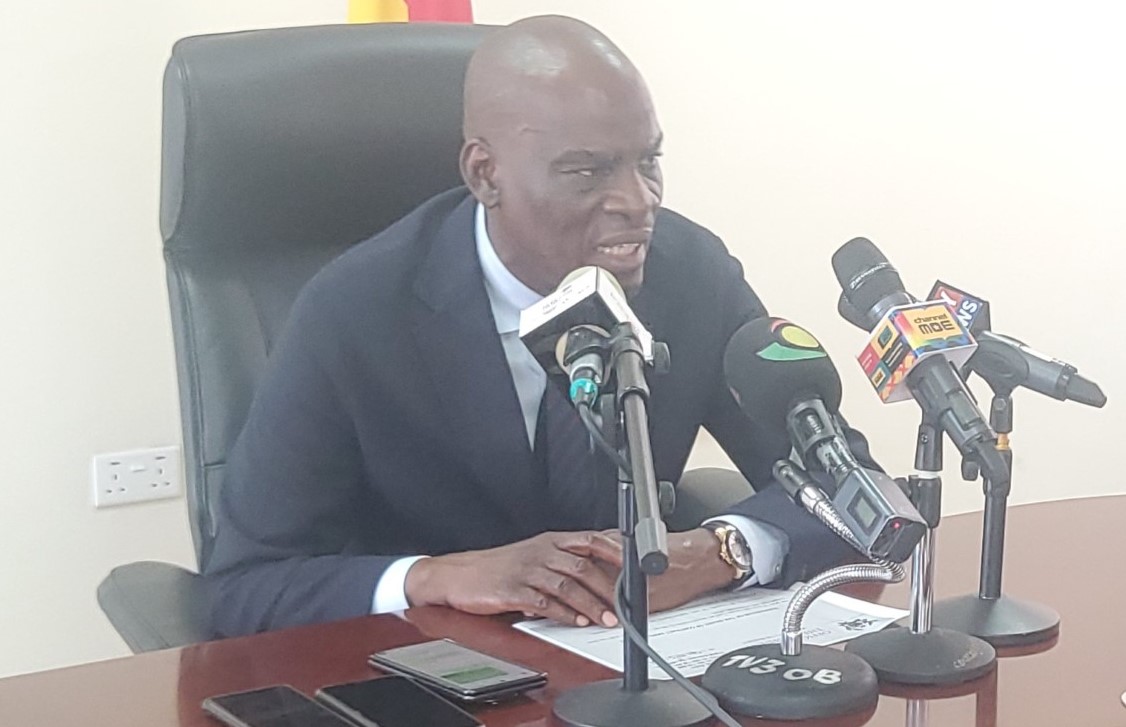
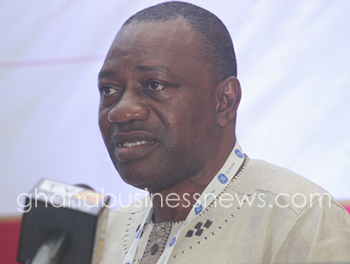




Facebook
Twitter
Pinterest
Instagram
Google+
YouTube
LinkedIn
RSS